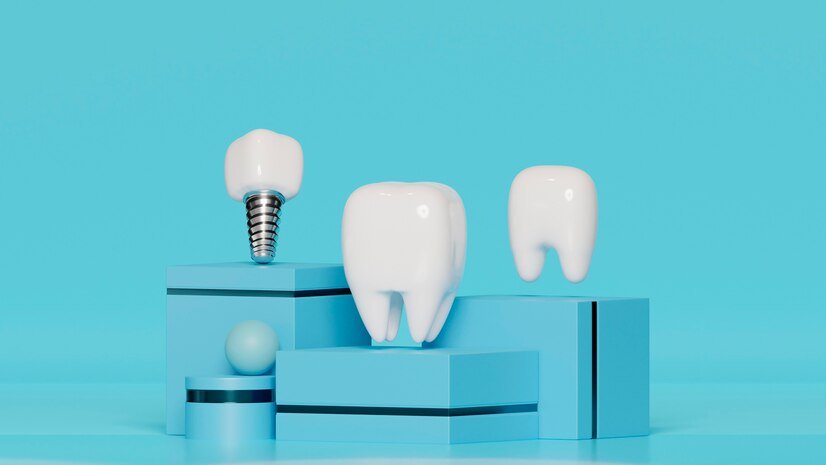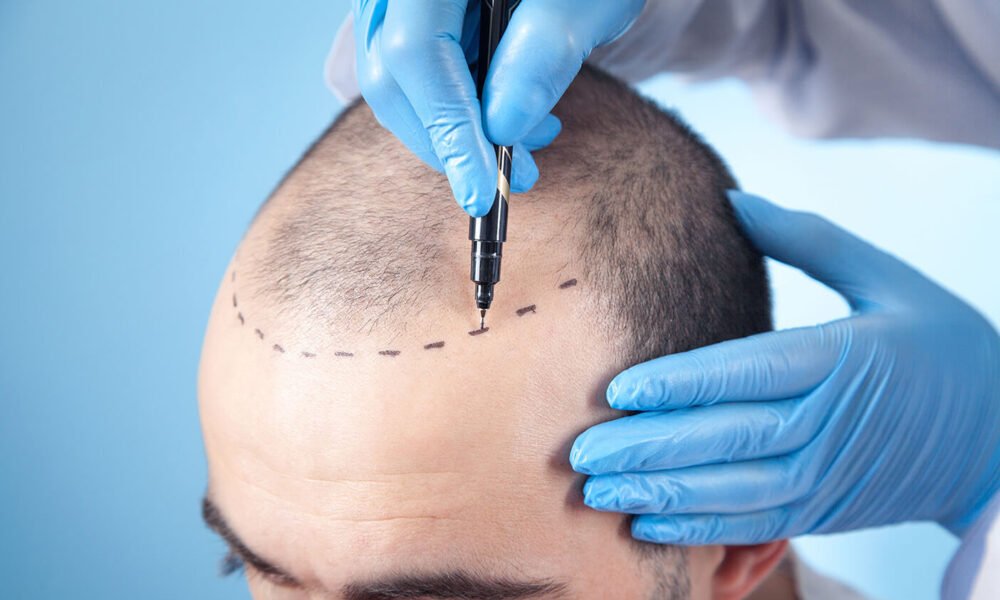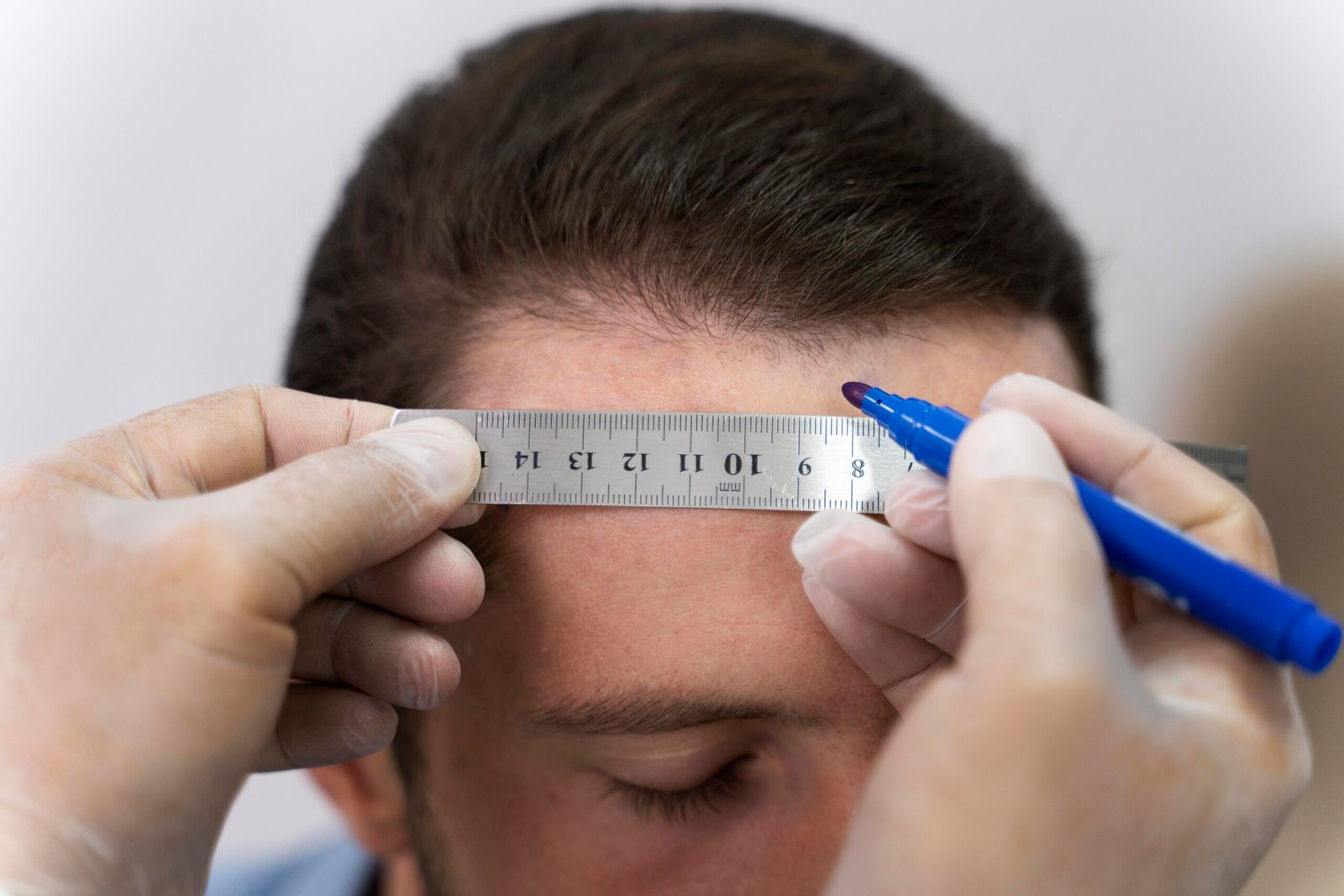Toothaches can be excruciating, and when the pain lingers despite over-the-counter remedies, it might signal a deeper problem like a root canal infection. While the thought of root canal treatment may send shivers down your spine, understanding the procedure and its benefits can significantly reduce anxiety and empower you to make informed decisions about your oral health.
What is a Root Canal?
Imagine your tooth as a tree. The crown is the visible part, while the root houses the sensitive pulp, containing nerves and blood vessels. When the pulp becomes infected due to deep decay, trauma, or repeated procedures, it inflames and causes agonizing pain.
Root canal treatment aims to remove the infected pulp and clean the interior of the root canal. This eliminates the source of pain and prevents further infection. The cleaned canal is then sealed to prevent future problems.
Do I Need a Root Canal?
Several signs might indicate you need a root canal:
- Persistent toothache: This pain, often throbbing or sharp, worsens with hot or cold stimuli.
- Swelling: Inflammation might cause facial swelling or a pimple-like bump on the gum near the affected tooth.
- Sensitivity: Your tooth might become extremely sensitive to hot, cold, or even touch.
- Discoloration: The affected tooth may darken or become grayish.
Is Root Canal Treatment Painful?
Contrary to popular belief, modern root canal treatment is typically pain-free. Your dentist will administer local anesthesia to numb the area, ensuring comfort throughout the procedure. Advancements in technology have also made the process more efficient and less invasive.

Benefits of Root Canal Treatment:
While saving your natural tooth is the primary benefit, there are other crucial advantages:
- Pain relief: Eliminating the infected pulp removes the source of pain, providing immediate relief.
- Preserves natural tooth: Saving your natural tooth is always preferable to extraction, promoting better chewing function and jaw health.
- Prevents further infection: Untreated infections can spread to surrounding tissues and bones, leading to severe complications.
- Improves oral health: A healthy tooth contributes to overall oral health and well-being.
What to Expect After Root Canal Treatment:
Following the procedure, you might experience mild discomfort or sensitivity, which can be managed with over-the-counter pain relievers. Your dentist will provide specific instructions on aftercare, including:
- Maintaining good oral hygiene: Regular brushing and flossing are crucial for healing and preventing further infection.
- Eating soft foods: Avoid chewing hard or sticky foods initially to allow the treated tooth to heal properly.
- Follow-up visits: Schedule regular checkups to monitor healing and ensure long-term success.





















































Name*
katana